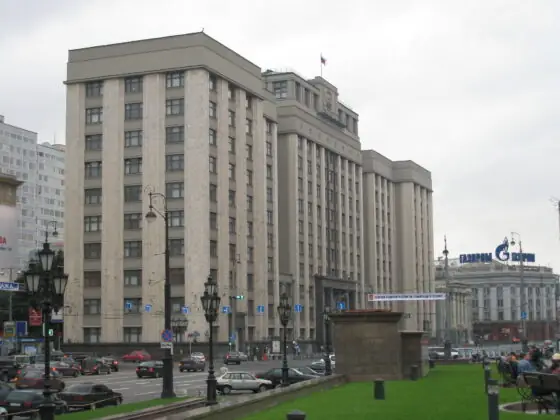One of the hardest tasks for the newly democratizing states in Central and Eastern Europe has been the establishment of fair and effective systems of criminal justice. During the Communist era, the judicial system in each of these states was dominated and manipulated by the Communist Party. The basic elements of the system, including the code of criminal procedure (the body of rules governing the investigation of crimes, the treatment of suspects, and the conduct of trials), were meant to serve the interests of the party, not the cause of justice. In a democratic polity, by contrast, a criminal procedure code plays a vital role in safeguarding the rights of the accused and in limiting the discretionary powers of police, prosecutors, and judges. The specific guidelines in the code are crucial, but even more important is the ethos of restraint that develops over time as the key participants in the criminal justice system learn to play by the rules of the game. In the Russian Federation, the criminal procedure code until recently was a relic from the Soviet era. During the first decade of the post-Soviet era, efforts by the Russian government to devise a new criminal procedure code were stymied by political maneuvering, opposition in the parliament, and vigorous lobbying by the Federal Security Service (FSB) and the Ministry of Internal Affairs (MVD), which wanted to retain the vast powers exercised by the Soviet security organs. After Vladimir Putin became president and established a close working relationship with the new parliament, he was able to secure passage of a thoroughly revised criminal procedure code. The bulk of the code entered force in July 2002, and provisions regarding jury trials are being phased in through 2004. A full assessment of the impact of the new code will not be possible until at least several more years have passed, but enough experience has accumulated by this point to allow for a preliminary evaluation. This memo looks at the most important features introduced by the new code and discusses some of the problems that have arisen. Thus far, the implementation of the new code has produced mixed results. Although some progress has been achieved, major improvements are needed before Russia will have a criminal justice system appropriate for a democratic polity. The obstacles to far-reaching change are formidable, and it remains to be seen whether these obstacles can be overcome.The new criminal procedure code in Russia is intended to transform the country’s judicial system, but unless the code is rigorously enforced, it will not make a fundamental difference. In assessing the impact of the new code, it is important to consider not only its significance on paper, but also its practical effect. […]
Memo #:
289
Series:
1
PDF:
PDF URL:
http://www.gwu.edu/~ieresgwu/assets/docs/ponars/pm_0289.pdf








